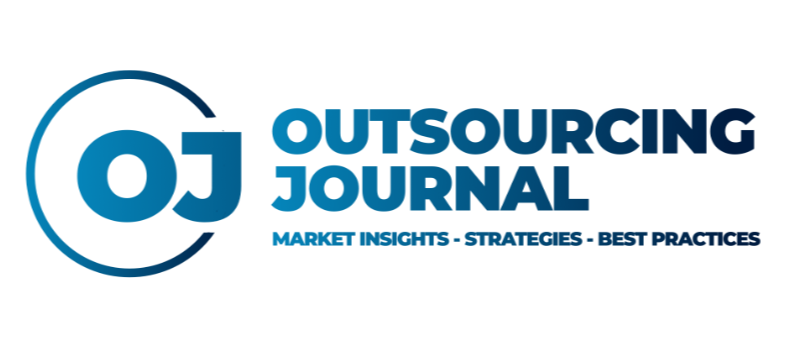The strong growth of the BPO service provision sector in the recent years is a testimony of the model’s superiority over alternatives – most commonly captive Shared Services – to a significant group of businesses. The facilities, staff, process skills, systems and practices supplied by the BPO vendor relieve the client company from the effort and investment needed to establish a proprietary service centre, allowing a faster time to benefits such as cost savings. With an outsourced back office, the client can also turn more focus toward succeeding on its own markets.
Furthermore, BPO vendors serving multiple simultaneous cli- ents can enable scale, expertise and location based advantages sufficient to maintain a market share while justifying a profit margin (Halvey and Melby 2007, p. 9; Ghodeswar and Vaidyanathan 2008, p. 27; Dressler 2007, p. 107).
The realization of those advantages requires the client to hand over significant decision-making powers to the BPO vendor. Without direct managerial control of the operations, the client is limited to steering the BPO service provision by negotiating the desired contract terms and ensuring their realization by the means of governance. At the same time, the client cannot be fully aware of the vendor’s capabilities and practices and must thus govern the relationship under uncertainty. Finally, in addition to contracting and governance, the client must be able to adapt its own organisation to interface well with the BPO vendor to allow the deal to deliver to its potential, adding complexity to the service model and the measurement of results.
Focusing on the above points of contracting and governance under uncertainty, this article examines the dynamics of the BPO business relationship in the context of the agency theory. After a brief refresher of the agency theory, an agency model of BPO is presented. Finally, three practices for managing the agency problem are discussed.
BPO as an agency relationship
The agency theory examines economic relationships where a principal compensates an agent to perform work on its behalf.
The unit of analysis is the contract (agreement) between the two parties. The theory inves- tigates the agency under the assumption that information asymmetries exist between two self-interested economic actors involved in the agency relationship. The information asymmetries mean that the principal is not fully aware of the characteristics, actions and intentions of the vendor; or is not able to use available information to its advantage. However, information in the agency theory can be purchased. The principal can incur costs to gain information regarding the agent; and the agent can incur costs to signal or guarantee its good intentions to the principal (such expenses may be involuntary, i.e. demanded by the principal). The assumption of self-interested and opportunistic actors implies that, other variables constant, the agency parties will choose to act each in their best interests, regardless of whether or not that action is in the other party’s interest. Coinciding, information asymmetries and opportunism may result in the so-called agency problems of adverse selection, moral hazard and hold-up; as well as in those arising from conflicting risk preferences in decision-making.
Read the entire article at the “Business Process – managed & outsourced” Special Edition of the Outsourcing Journal. This edition is available for free download via the website of the German Outsourcing Association (free membership required, 2 min sign-up, instant access) here: https://www.outsourcing-verband.org/outsourcing-journal-special-editions/
